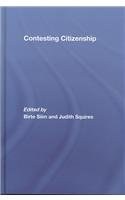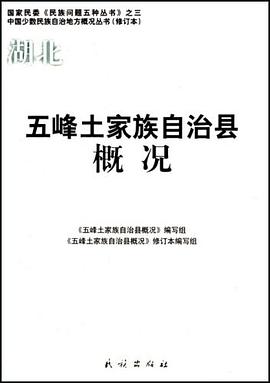

具體描述
This new book shows how citizenship, and its meaning and form, has become a vital site of contestation. It clearly demonstrates how whilst minority groups struggle to redefine the rights of citizenship in more pluralized forms, the responsibilities of citizenship are being reaffirmed by democratic governments concerned to maintain the common political culture underpinning the nation. In this context, one of the central questions confronting contemporary state and their citizens is how recognition of socio-cultural 'differences' can be integrated into a universal conception of citizenship that aims to secure equality for all. Equality policies have become a central aspect of contemporary European public policy. The 'equality/difference' debate has been a central concern of recent feminist theory. The need to recognize diversity amongst women, and to work with the concept of 'intersectionality' has become widespread amongst political theory. Meanwhile European states have each been negotiating the demands of ethnicity, disability, sexuality, religion, age and gender in ways shaped by their own institutional and cultural histories. This book was previously published as a special issue of Critical Review of International Social & Political Philosophy (CRISPP).
著者簡介
圖書目錄
讀後感
評分
評分
評分
評分
用戶評價
相關圖書
本站所有內容均為互聯網搜索引擎提供的公開搜索信息,本站不存儲任何數據與內容,任何內容與數據均與本站無關,如有需要請聯繫相關搜索引擎包括但不限於百度,google,bing,sogou 等
© 2025 book.quotespace.org All Rights Reserved. 小美書屋 版权所有




















